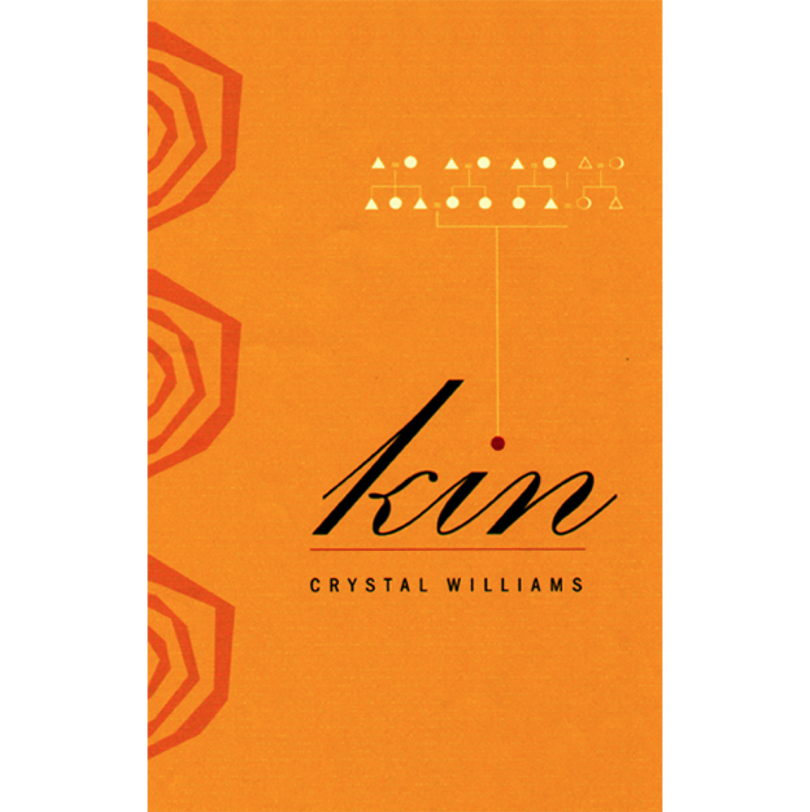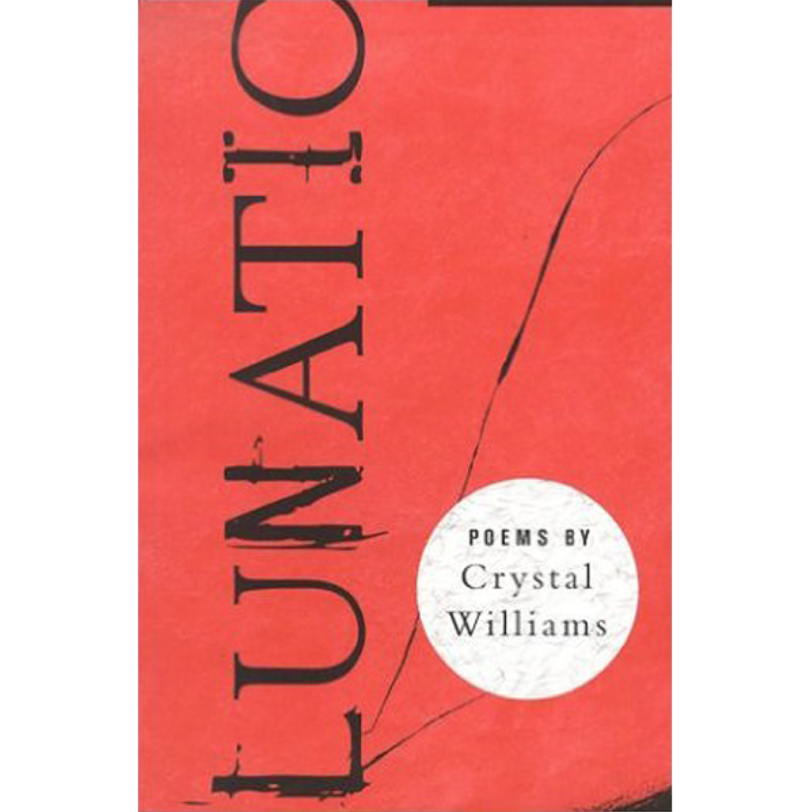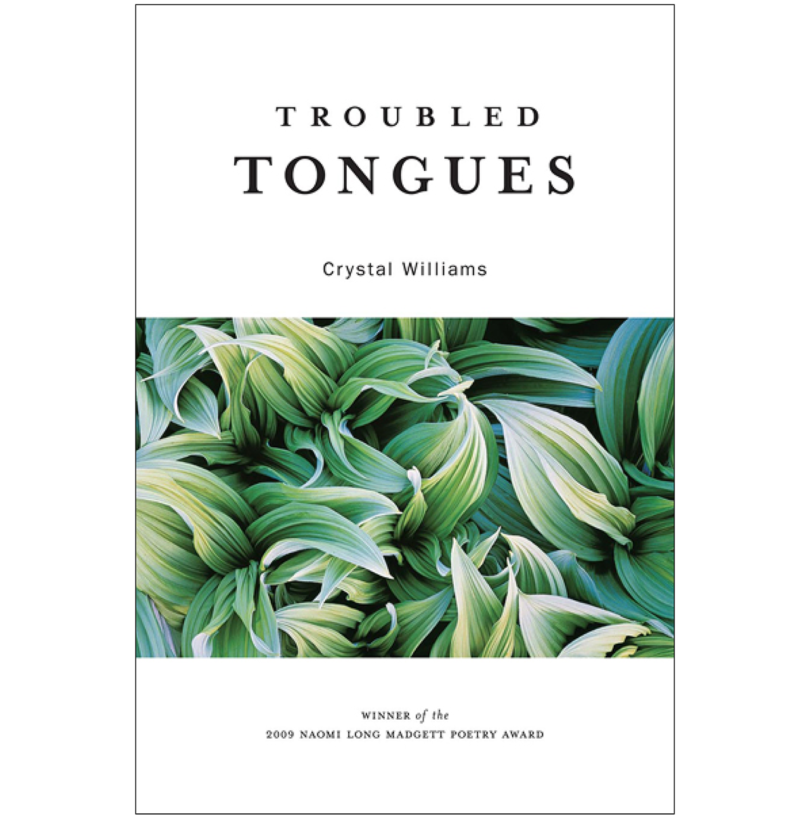As Rhode Island School of Design’s (RISD) 18th president, Crystal Williams believes that education, art and design, and staying committed to equity and justice are essential to transforming our society. At RISD, the Detroit-born activist is working to drive meaningful change centered on expanding inclusion, equity, and access. To back that up, Crystal has more than two decades of higher education experience as a professor of English as well as serving in roles that oversaw diversity, equity, and inclusion at Boston University, Bates College, and Reed College. The ultimate goal behind Crystal’s role at RISD is to enhance the learning environment by making sure it includes diverse experiences, viewpoints, and talents.
Listen beautiful relax classics on our Youtube channel.
However, Crystal’s talents go beyond the halls and classrooms of colleges and universities – she’s also an award-winning poet and essayist. So far, she’s published four collections of poems and is the recipient of several artistic fellowships, grants, and honors. Most recently Detroit as Barn, was named as a finalist for the National Poetry Series, Cleveland State Open Book Prize, and the Maine Book Award. Crystal’s third collection, Troubled Tongues, was awarded the 2009 Naomi Long Madgett Poetry Prize and was a finalist for the 2009 Oregon Book Award, the Idaho Poetry Prize, and the Crab Orchard Poetry Prize. Her first two books were Kin and Lunatic, published in 2000 and 2002. Crystal’s work regularly appears in leading journals and magazines nationwide.
Today, Crystal Williams is joining us for Friday Five!
1. Silence
Originally, I was going to write about a place that inspires me. But when I truly started to consider places I find inspiring, I realized that each of them elicits and enables silence and stillness, a refraction of silence (at least for me). So then, silence itself is the thing that inspires me. Silence inspires me to delve and investigate and allows me to situate myself in wonder and awe – in the amplitude and magnitude of who and what and how we are as a species, to sometimes take issue with personal fears or traumas or worse – the behaviors that ultimately impede personal and spiritual growth or insight.
For me, silence is a great gift. Perhaps the greatest. It is a balm. Through it, I connect to the world not as Crystal Williams of this particular body but as a congregation of embodied energy and spirit. In this way, it is the catalyst through which all good art, poetry, ideas, and leadership emerge. So it is among the most inspirational things in my life – and among the most rare, given my life.
2. Lucille Clifton Poem
I admire many poems. But Lucille Clifton’s “won’t you celebrate with me” (which is how it is commonly known although Clifton did not, in “Book of Light” originally title the poem), is the one that inspires me the most. It is a poem that speaks to resilience, fortitude, bravery, imagination, hope, and it names what being a Black woman in the United States can and often does elicit.
“won’t you celebrate with me
what I have shaped into
a kind of life? i had no model.
born in babylon
both nonwhite and woman
….
…come celebrate
with me that everyday
something has tried to kill me
and has failed.”

Nancy Wilson, Carnegie Hall, 1987 \ Video still courtesy YouTube
3. Nancy Wilson, “How Glad I Am,” Carnegie Hall, 1987
There are moments in art when an artist transforms one thing into another, utterly broadening, deepening, and transmuting the original meaning. In this live version of “How Glad I Am,” her encore performance at the 1987 “Live at Carnegie Hall” performance, Wilson – a vocalist I listened to obsessively as a younger person – transforms a simple song between lovers into a rousing tribute from an artist to her audience. This performance is the most profoundly loving example I have witnessed of an artist speaking directly and forcefully to the mutuality between artists and audiences. And it’s become a kind of personal soundtrack when I’m walking through my life, especially my life as a poet and now as president. Often, when I’m among creatives, I hear Wilson’s gorgeous, gravely voice imploring: “you don’t know how glad I am [for you].”
4. Young Creatives
Listen, these young people at RISD and young creatives everywhere are our best-case scenario. They are our visionaries, if only we can amplify them, listen to them, and then get out of their way. They have all the love (and strategy and insight and knowledge) we need if we can help them wield it successfully. They have all the intelligence and ingenuity we need to help solve our challenges and advance what is good, right, and just among our species. Added to those attributes are other facts: they are funny and curious and eager to learn and gloriously unusual.
I watch them here at RISD in their multi-colored outfits, hair-dos, and platform shoes, giggling with each other in front of the snack machine or intensely applying their best thinking to each others’ work during critiques. I listen to them grappling with big ideas, considering, reconsidering, and redesigning our world as if on slant, eschewing the boxes into which we have crammed stale ideas that continue to guide our actions. And I watch them in their magnitude – in the more quotidian actions of their lives trudging up and down the severe hill outside with their humongous portfolios and unwieldy art projects, and think through it all, “Wow” and think “to be so young and so powerful and necessary” and think “thank God” and think “Thank you, young people, for saying yes to the impulse that brought you here.” Not only do they inspire me, they humble me and they – each one of them – feel like a balm, like hope incarnate.
5. My Parents
My folks married in 1967 against all odds. They were of different ethnicities – he Black, she white. Different places – he from the Jim Crow South, she from Detroit, Michigan. Different eras – he born in 1907, she in 1936. Different careers – he a jazz musician and automotive foundry worker, she a public school teacher. And different educational backgrounds – he, we think, not a high school graduate, she a college graduate. And yet, they found each other over the keys of a piano and decided, against society’s cruel eye and hard palm, to love each other and to love me. I now understand the courage it took for all of that to be true, for them to make a way, for them to walk through the world in 1967 as a couple and with me as their child. That courage inspires me. Those decisions inspire me. They inspire me. Everyday. All day.
Work by Crystal Williams:

Kin by Crystal Williams, 2000 \ Williams utilizes memory and music as she lyrically weaves her way through American culture, pointing to the ways in which alienation, loss, and sensed “otherness” are corollaries of recent phenomena.
Listen beautiful relax classics on our Youtube channel.

Lunatic: Poems by Crystal Williams, 2002 \ Williams confronts large-scale social and cultural events such as September 11, the death of Amadou Diallo, and the Chicago Race Riots in addition to exploring the often paralyzing terrain of loss, desire, and displacement. Among its most common themes is personal responsibility.

Troubled Tongues by Crystal Williams, 2009 \ In each of the three sections of this book is a prose poem meant to be read aloud in which a character, interacting with other characters, is named for a quality. They are Beauty, Happiness, and Patience.

Detroit as Barn: Poems by Crystal Williams, 2014
This post contains affiliate links, so if you make a purchase from an affiliate link, we earn a commission. Thanks for supporting Design Milk!
Source: design-milk





